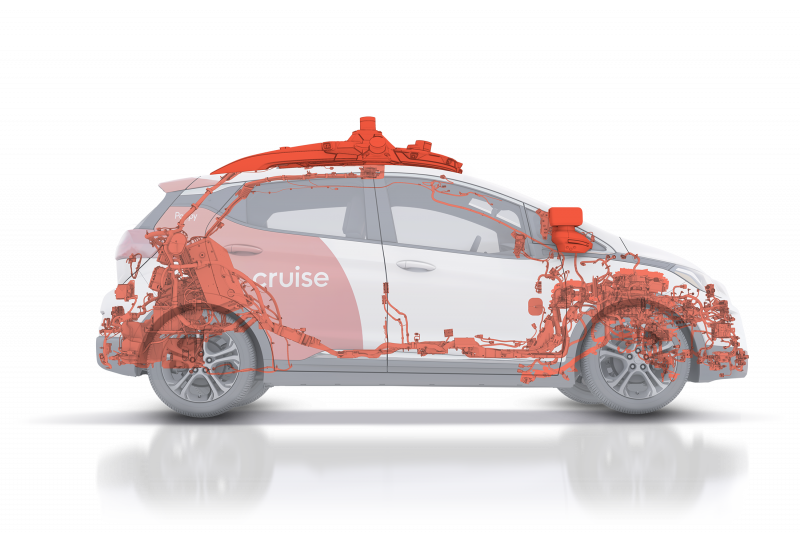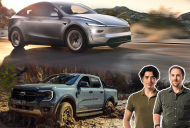BMW and Daimler have put their co-operation on autonomous vehicles “temporarily on hold”
According to the luxury carmakers, they began an “extensive review” after signing the collaboration agreement last year and have now “arrived at a mutual and amicable agreement to concentrate on their existing development paths”.
Thanks to a business environment severely hampered by the COVID-19 pandemic, “the timing is not right” to take on the cost of developing a new shared technology platform.
Both companies say they will continue to work with other industry partners on self-driving vehicle technology, and have left the door open to resuming their co-operation in this field “at a later date”.
Despite the dissolution of their autonomous car technology partnership, the two rivals will continue their other joint ventures.
This includes the Here mapping company, which since 2015 has been run in conjunction with Audi, Intel and Mitsubishi.
In 2019, BMW and Daimler combined their various on-demand automotive services, including ride-hailing and short-term car hire in some European markets.
Simon Wright, industry editor at The Economist, told CarExpert the COVID-19 pandemic has delivered a blow to companies looking to develop autonomous vehicles.
“Autonomous vehicles, a lot of the hype has gone out of that anyway,” Wright said.
“They’re probably decades away. This might add a few years, if not more, to the dream of the autonomous vehicle that picks you up outside the pub and takes you home at the end of the evening.”
Carmakers tightening their belts because of Coronavirus isn’t the only reason the self-driving dream is struggling in 2020.
A number of high-profile accidents have put the technical challenge of developing a car capable of interacting with a world designed for human drivers in the spotlight.





